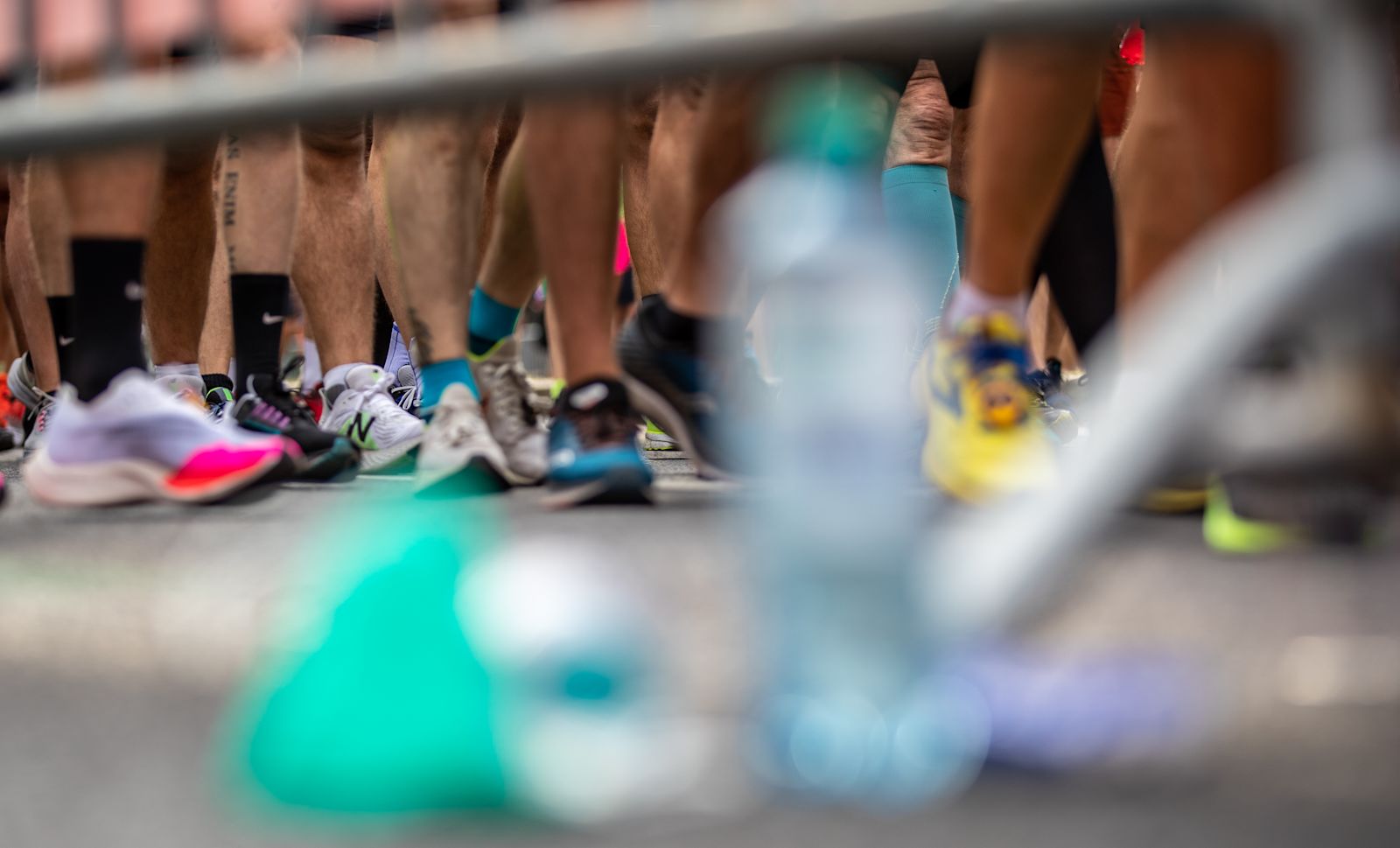Endurance Athletes May Benefit From Consuming Additional

The grueling demands of endurance sports push the human body to its absolute limits. For years, athletes have meticulously fine-tuned their training regimens and diets, seeking every possible edge to enhance performance and recovery. Now, emerging research suggests a surprising addition to the endurance athlete's toolkit: supplemental sodium.
While sodium has long been associated with hydration and electrolyte balance, the latest studies indicate its benefits may extend far beyond preventing simple dehydration. This article delves into the growing body of evidence suggesting that strategically increasing sodium intake before, during, and after intense endurance activities can lead to improved performance, reduced muscle cramps, and faster recovery times. However, experts caution against a one-size-fits-all approach, emphasizing the importance of individual needs and careful monitoring.
The Science Behind Sodium and Endurance
Sodium, an essential electrolyte, plays a crucial role in maintaining fluid balance, nerve impulse transmission, and muscle contraction. During prolonged exercise, particularly in hot and humid conditions, athletes lose significant amounts of sodium through sweat. This loss can lead to hyponatremia, a dangerous condition characterized by low blood sodium levels, causing symptoms like nausea, headache, confusion, and in severe cases, seizures and coma.
Beyond preventing hyponatremia, research suggests that adequate sodium intake may directly enhance performance. A 2016 study published in the Scandinavian Journal of Medicine & Science in Sports found that triathletes who consumed sodium supplements during a long-distance race experienced improved performance compared to those who did not. The study attributed this improvement to better fluid retention and a reduction in muscle fatigue.
Sweat Rate and Sodium Loss: Individual Variation
It's crucial to understand that sweat rate and sodium concentration in sweat vary considerably among individuals. Factors such as genetics, acclimatization to heat, fitness level, and even diet can influence how much sodium an athlete loses during exercise. This variability highlights the need for a personalized approach to sodium supplementation.
“There is no magic number,” explains Dr. Stacy Sims, an exercise physiologist and nutrition scientist specializing in women's health. “What works for one athlete might be detrimental to another. Athletes need to understand their individual sweat rate and sodium loss to optimize their hydration and electrolyte strategies."
Practical Strategies for Sodium Supplementation
For endurance athletes considering sodium supplementation, several practical strategies can be employed. These include pre-loading with sodium before exercise, consuming sodium-rich sports drinks or electrolyte supplements during activity, and replenishing sodium levels post-exercise with salty snacks or electrolyte solutions.
Pre-loading involves consuming a higher than normal amount of sodium in the hours leading up to an event. This can help increase plasma volume and improve fluid retention during exercise. During activity, sodium can be consumed through sports drinks, gels, or salt tablets. Post-exercise, replenishing sodium is crucial for rehydration and recovery.
Potential Risks and Considerations
While sodium supplementation can offer significant benefits, it's essential to be aware of potential risks and considerations. Overconsumption of sodium can lead to hypernatremia, a condition characterized by high blood sodium levels. This can cause symptoms such as thirst, confusion, and in severe cases, seizures and coma. Additionally, individuals with pre-existing medical conditions, such as hypertension or kidney disease, should consult with their doctor before increasing their sodium intake.
Furthermore, masking dehydration by solely focusing on sodium intake can be dangerous. Athletes should prioritize adequate fluid intake alongside sodium supplementation to avoid dehydration-related complications. Listening to your body and adjusting sodium intake based on individual needs is paramount.
Expert Opinions and Future Research
The growing body of evidence supporting sodium supplementation for endurance athletes has garnered attention from experts in the field. However, some experts caution against overgeneralizing the findings and emphasize the need for further research. "While the initial results are promising, more research is needed to fully understand the optimal sodium intake for different endurance activities and individual athletes," says Dr. Trent Stellingwerff, a senior scientist at the Canadian Sport Institute Pacific.
Future research should focus on investigating the long-term effects of sodium supplementation on endurance performance and overall health. Additionally, studies exploring the interaction between sodium intake and other dietary factors, such as carbohydrate and protein consumption, would be valuable.
Moving forward, the focus should be on developing personalized sodium supplementation strategies that take into account individual sweat rates, sodium losses, and medical histories. Consulting with a qualified sports nutritionist or exercise physiologist can help athletes develop a safe and effective sodium supplementation plan.


















